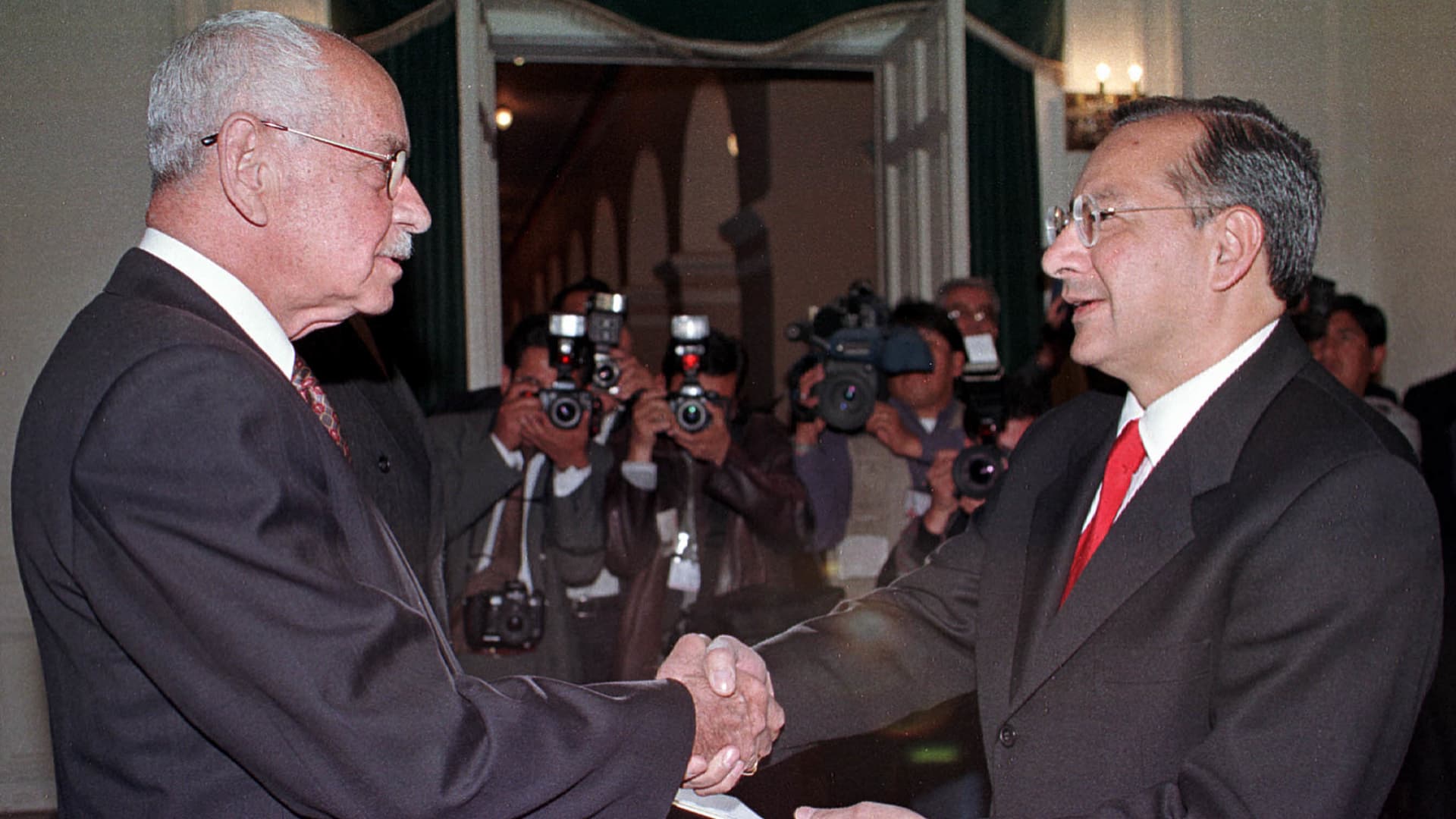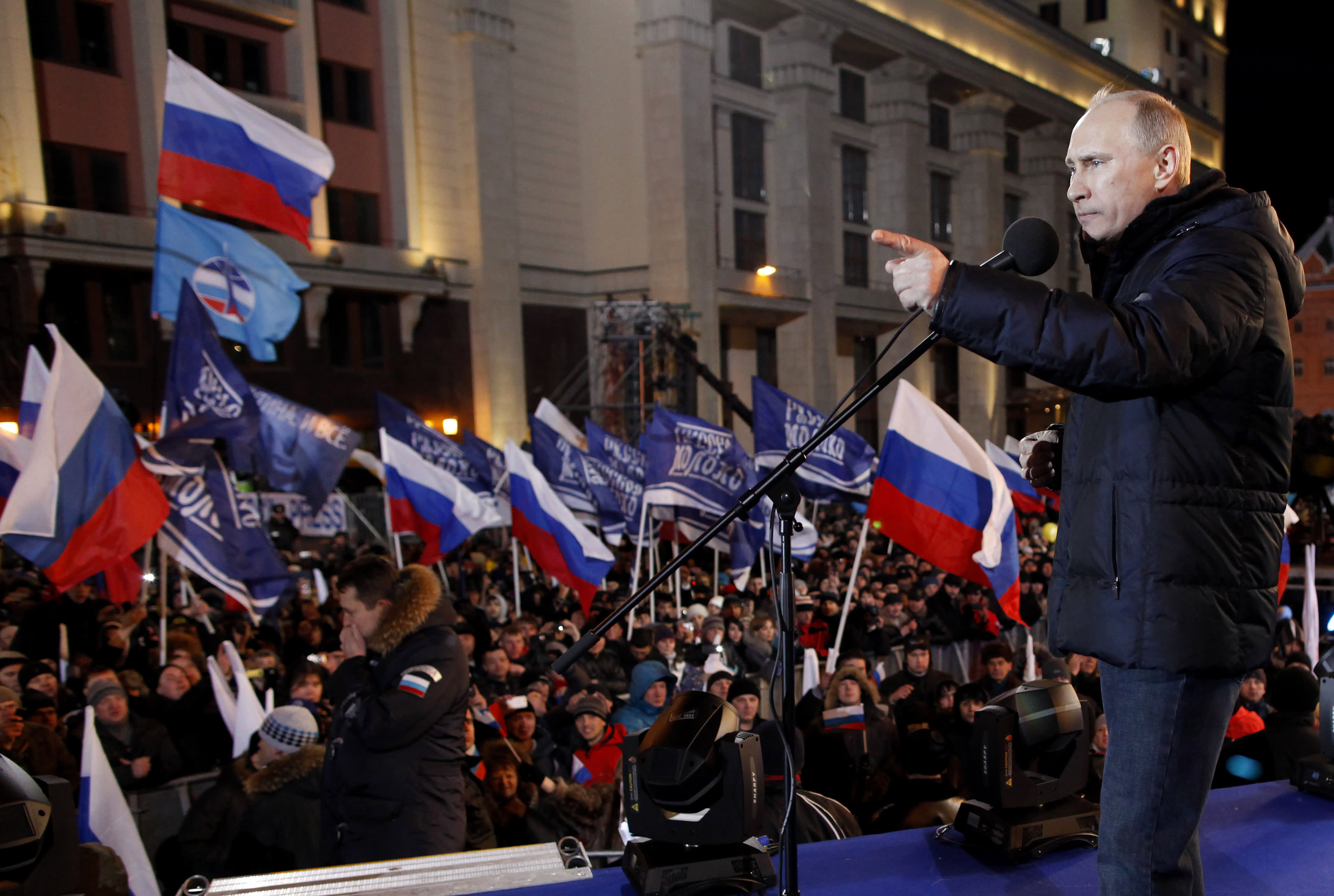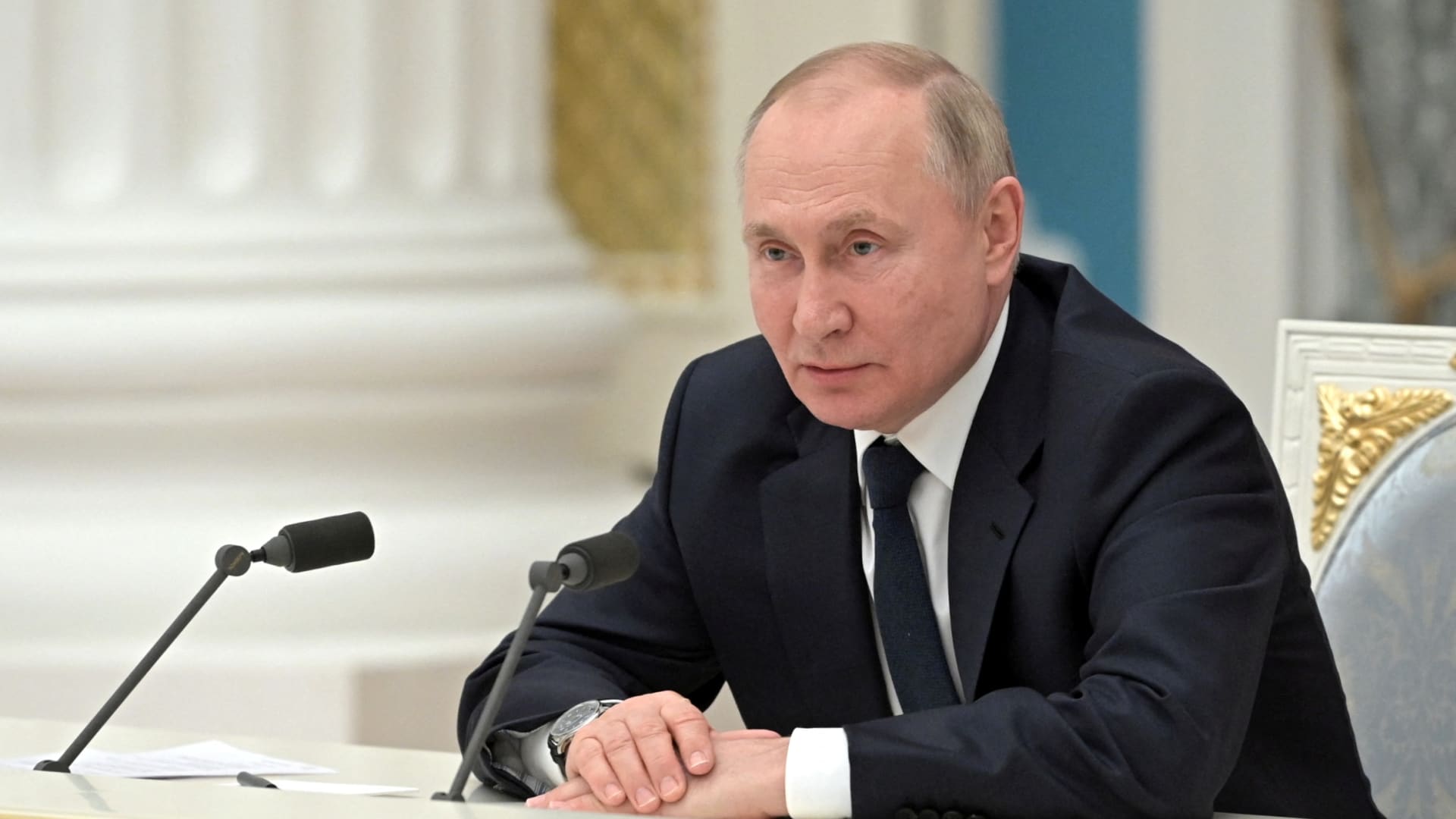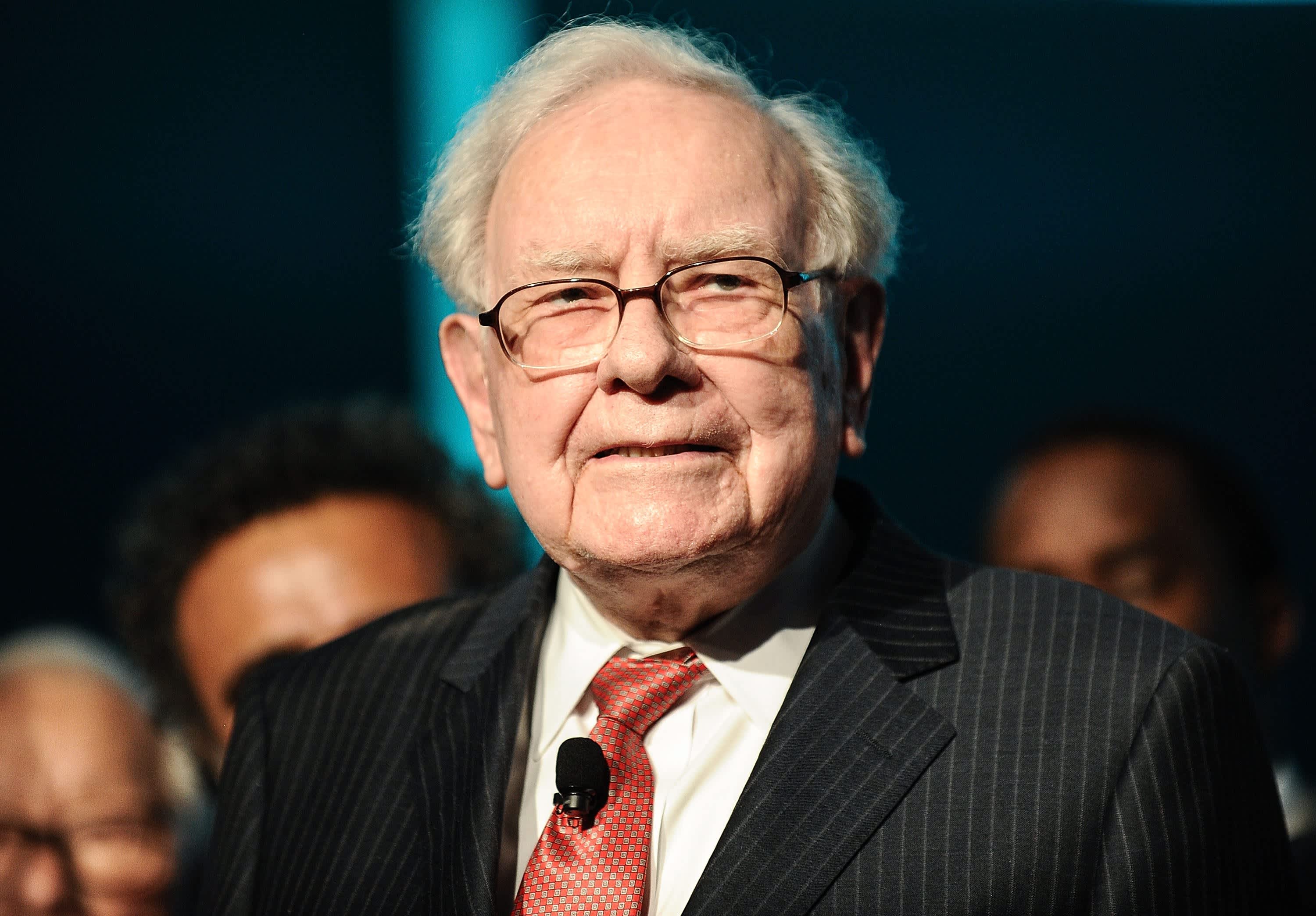Former U.S. ambassador spied for Cuba for decades, Justice Department says
Attorney General Merrick Garland called it "one of the highest-reaching and longest-lasting infiltrations of the United States government by a foreign agent."

U.S. Attorney General Merrick Garland announces that Victor Manuel Rocha, the former U.S. ambassador to Bolivia, has been charged with acting illegally as a foreign agent for the government of Cuba, Dec. 4, 2023.
Drew Angerer | Getty Images
A retired American diplomat made his first court appearance Monday in Miami in a potentially explosive espionage case.
Prosecutors say Victor Manuel Rocha, 73, spent more than 40 years spying for Cuba while he rose through the State Department, where he was U.S. ambassador to Bolivia during the Clinton administration.
Rocha's case is "one of the highest-reaching and longest-lasting infiltrations of the United States government by a foreign agent," Attorney General Merrick Garland said Monday at a press conference.
Rocha has been charged in U.S. District Court for the Southern District of Florida with one count of Acting as an Illegal Agent of a Foreign Government, one count of conspiracy to do so and a third count, Use of a Passport Obtained by a False Statement. The Dec. 1 complaint was unsealed Monday.
But the sworn accounts by FBI agents paint a much bigger picture of Rocha's alleged activities than the individual charges convey.
"Beginning no later than approximately 1981, and continuing to the present, Rocha secretly supported the Republic of Cuba and its clandestine intelligence-gathering mission against the United States by serving as a covert agent of Cuba's intelligence services," the indictment alleges.
"To further that role, Rocha obtained and maintained employment in the United States government in positions that provided him: (1) access to nonpublic information, including classified information; and (2) the ability to affect United States foreign policy," wrote prosecutors.
Rocha was apprehended as the result of a yearlong undercover FBI operation, according to the DOJ.
Undercover FBI agents posing as Cuban operatives met with Rocha several times in the past year, according to the complaint.
The life Rocha allegedly described to them sounded like the plot of HBO's spy thriller "The Americans."
"Since the Direcciön asked me ... to lead a normal life ... I have – have created the legend of a right-wing person," Rocha allegedly said, referring to the Cuban intelligence services. Legend is a spycraft term for the fictitious biography a covert agent cultivates to conceal their identity.
Bolivian President Hugo Banzer, left, shakes hands with Victor Manuel Rocha, the new U.S. ambassador to Bolivia, during a ceremony in the Government Palace in La Paz, Aug. 3, 2000.
Reuters
After leaving his State Department roles, Rocha worked in several private-sector jobs, according to the filing, including most recently as a senior international business advisor at LLYC USA in Miami. In August, he left his job at law firm Foley & Lardner, a spokesperson for the company said.
LLYC told CNBC on Monday that it made "the decision to sever ties with Mr. Rocha" effective immediately. The firm added that it will cooperate with the DOJ and other authorities as necessary.
Rocha portrayed the outcome of his work as a massive success and "more than a grand slam."
"My number one concern; my number one priority was ... any action on the part of Washington that would — would endanger the life of — of the leadership, or the revolution itself," Rocha said to undercover FBI agents, according to the complaint.
The complaint cited several occasions when Rocha lied under oath about his loyalty to the U.S. and denied working for any foreign entities.
As recently as Friday, in a voluntary interview with State Department officials, Rocha denied ever having met with those Cuban intelligence agents, who were actually undercover FBI.
Rocha appeared before a federal judge, and a bond hearing is scheduled for Wednesday. The DOJ said more charges against Rocha are still to come.
"Those who have the privilege of serving in the government of the United States are given an enormous amount of trust by the public we serve," Garland said. "To betray that trust by falsely pledging loyalty to the United States while serving a foreign power is a crime that will be met with the full force of the Justice Department."

 Konoly
Konoly 































